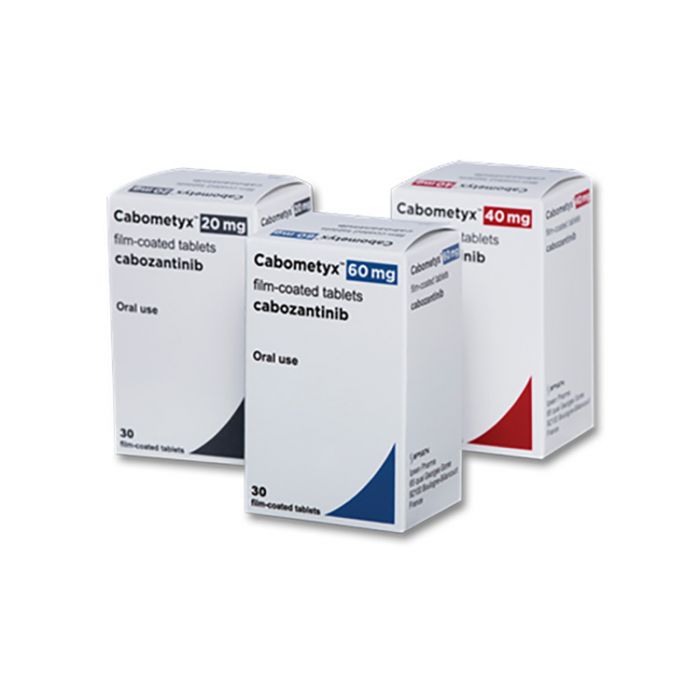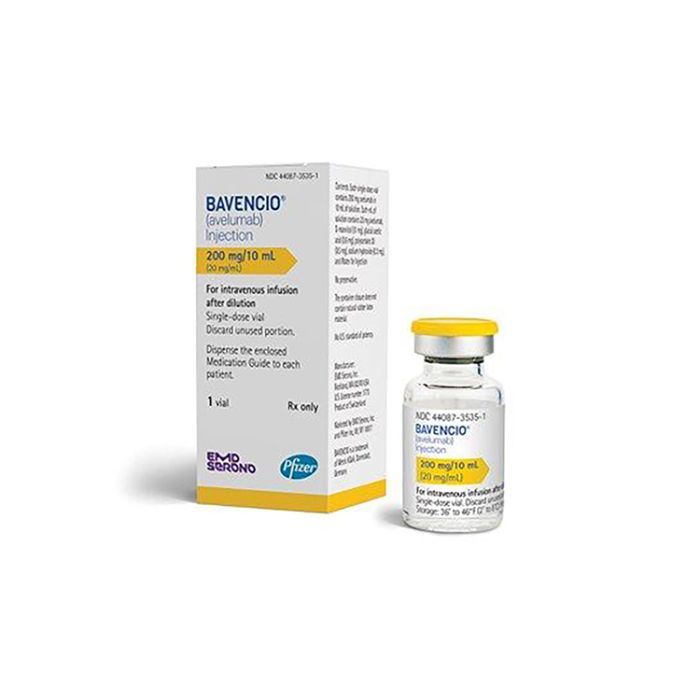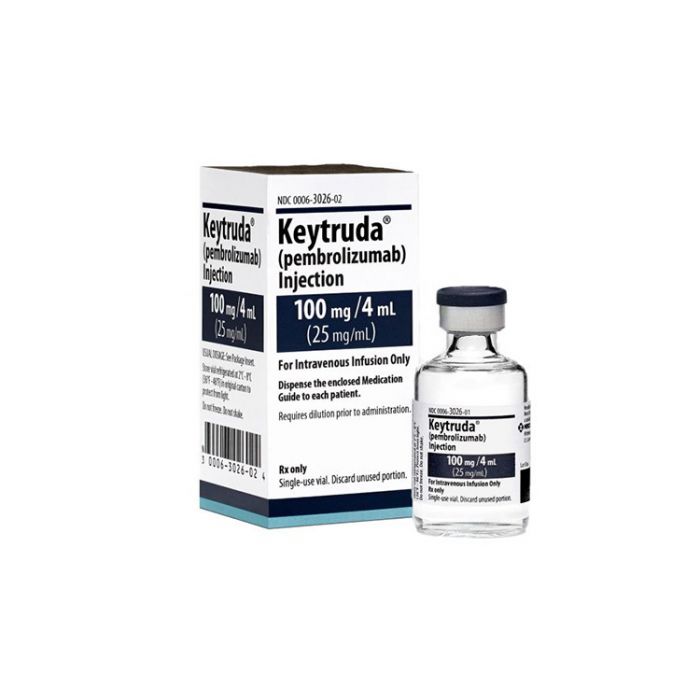New Renal Cell Carcinoma Treatments 2022
Last updated: 18 March 2025

You can legally access new medicines, even if they are not approved in your country.
Learn howWhat is Renal Cell Carcinoma?
Renal cell carcinoma (RCC) also called kidney cancer or renal cell cancer is a disease in which malignant cancer cells are found in the lining of tubules in the kidney. RCC accounts for more than 80% of all kidney cancers. It has the highest mortality rate of the genitourinary cancers. If detected early, RCC is curable by surgery. A minority of people are at risk of recurrence. RCC can spread from a mass of cancer cells or tumor to other parts of your body becoming what is known as metastatic RCC has several subtypes such as clear cell RCC, papillary RCC and chromophobe RCC.1,2
What are the types of Renal Cell Carcinoma treatment options available?
After renal cell cancer has been diagnosed, tests are done to find out if cancer cells have spread within the kidney or to other parts of the body before choosing the suitable treatment. There are five types of standard treatments for Renal Cell Carcinoma that are used:2
- Surgery to remove part or all of the kidney is often used to treat renal cell cancer.
- Radiation therapy that uses high-energy x-rays or other types of radiation to kill cancer cells or keep them from growing.
- Chemotherapy that uses medicines to stop the growth of cancer cells.
- Immunotherapy that uses the patient's immune system to fight cancer via substances made by the body or made in a laboratory.
- Targeted therapy that uses medicines to identify and attack specific cancer cells without harming normal cells.
For a more detailed explanation of the possible RCC treatment options, please visit the cancer.gov website here.
What are new Renal Cell Carcinoma medicines and how can I access them?
Several medicines for Renal Cell Carcinoma have been approved or are under clinical trial. Here are some of them:
Cabometyx (cabozantinib)4,5,6,7
Cabometyx (cabozantinib) is indicated for the treatment of patients with advanced renal cell carcinoma (a type of kidney cancer) who have received prior anti-angiogenic therapy (therapy that inhibits the formation of new blood vessels that supply the tumour with oxygen and nutrients).
Cabometyx (cabozantinib) was approved for advanced renal cell carcinoma previously treated with an anti-angiogenic therapy by:
- Food and Drug Administration (FDA), USA:
- European Medical Agency (EMA), European Union, September 9, 2016
- Therapeutic Goods Administration (TGA), Australia, January 19, 2018
- Health Canada September 13, 2018.
April 25, 2016 as second line treatment
December 19, 2017 as first line treatment
January 14, 2019 for patients with hepatocellular carcinoma (HCC) who have been previously treated with sorafenib
Keytruda (pembrolizumab) and Inlyta (axitinib)8,9,10,11,12
Keytruda (pembrolizumab) is an anti-PD-1 therapy that is used in combination with Inlyta (axitinib), a tyrosine kinase inhibitor (TKI) and have shown to improve both overall survival (OS) and delayed the time to cancer progression compared to Sutent (sunitinib) when used in the first-line treatment of advanced or metastatic renal cell carcinoma (RCC).
On April 19, 2019, the Food and Drug Administration (FDA), USA approved Keytruda (pembrolizumab) plus axitinib for the first-line treatment of patients with advanced renal cell carcinoma (RCC).
Keytruda (pembrolizumab) has also been approved by Medsafe, New Zealand in combination with axitinib, is indicated for the first-line treatment of patients with advanced renal cell carcinoma (RCC).
Bavencio (avelumab) and Inlyta (axitinib)13
Bavencio (avelumab) is an immune checkpoint inhibitor targeting PD-L18 and axitinib is an antiangiogenic VEGF-targeted TKI. The combination of these treatments has complementary mechanisms of action, providing enhanced benefits by targeting two key pathways that tumours use to grow: inhibiting angiogenesis and stimulating the immune system’s anti-tumour responses.
On December 11, 2020 the European Medicines Agency (EMA) adopted a positive opinion recommending the approval of Bavencio (avelumab) as monotherapy for the first-line maintenance treatment of adult patients with locally advanced or metastatic urothelial carcinoma (UC) who are progression-free following platinum-based chemotherapy. The positive opinion will now be reviewed by the European Commission (EC), with a decision expected in early 2021.
If you are trying to access a Renal Cell Carcinoma medicine that is approved outside of your country of residence, we might be able to help you access it with the help of your treating doctor. You can read more about the medicines we can help you access and their price below:
Why access a treatment for Renal Cell Carcinoma with everyone.org?
everyone.org is registered in The Hague with the Dutch Ministry of Health (registration number 16258 G) as a pharmaceutical wholesale distributor. We have helped patients from over 85 countries to access thousands of medicines including. With a prescription from your treating doctor, you can count on our expert team to safely and legally guide you to access renal cancer treatments. If you or someone you know are looking to access a medicine that is not yet approved where they live, we can support you. Contact us for more information.
References:
- Ncbi.nlm.nih.gov
- Cancer.gov
- Ema.europa.eu
- Accessdata.fda.gov
- Fda.gov
- Fda.gov
- Fda.gov
- keytruda.com
- Fda.gov
- Medsafe.govt.nz
- Thelancet.com
- Europeanpharmaceuticalreview.com
Disclaimer: This article is not meant to influence or impact the care provided by your treating physician. Please do not make changes to your treatment without first consulting your healthcare provider. This article is not intended to diagnose or treat illness or to influence treatment options. everyone.org is as diligent as possible in compiling and updating the information on this page. Howeve, everyone.org does not guarantee the correctness and completeness of the information provided on this page.










